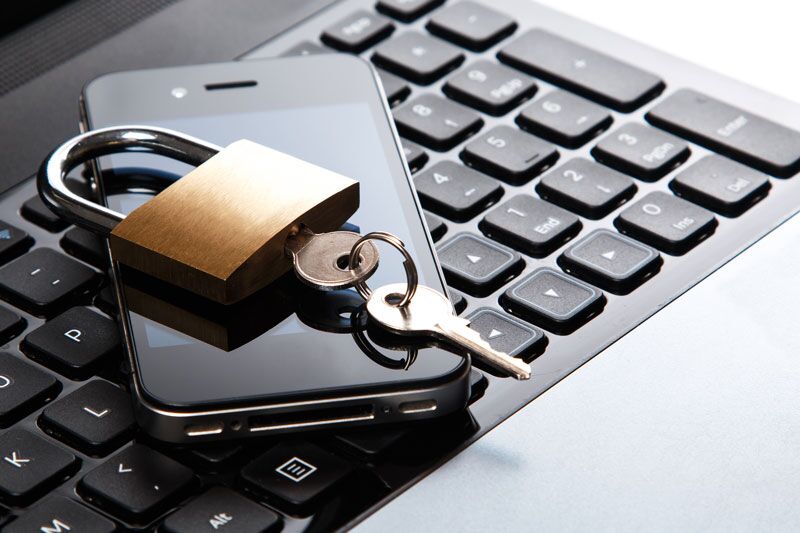Take these steps to protect your business’s online information.
For business owners, the idea of a major cyber attack is enough to make their blood run cold. This is because recent cases have shown just how devastating cyber security breaches can be for a company. While a large corporation might have the resources to cover the losses associated with a breach and eventually bounce back, a smaller entity probably does not. This is why it is especially important for small businesses to protect their digital assets. While having the right business insurance in Detroit, Michigan, can help you recover from a breach, there are steps that you can take to prevent one in the first place. Here’s what you need to know about protecting your company’s digital assets.
What are Digital Assets?
A digital asset is any type of digitally stored information owned by an individual or business. For instance, this can mean client and partnership data, login credentials, payment information, company emails, digital chat conversations, email lists, social media accounts, website content, and much more.
How Can I Protect My Business’s Digital Assets?
When it comes to keeping your company’s digital assets safe, there are several precautions you can take. For instance, you should employ the following cyber security measures:
- Limit Access to Sensitive Data– One of the best ways to reduce your risk of a data breach is by limiting the number of employees who can access sensitive customer and business information. When you reduce the number of employees with security clearance, you reduce your risk for a leak. Additionally, if a leak does take place, then you have a smaller pool of suspects to investigate.
- Train Your Employees– The employees that are allowed to access private information should undergo comprehensive cyber security training, so they understand the risks of a major data breach. During your staff training, you should explain your company’s login requirements, establish appropriate Internet use guidelines, and detail the penalties for violating company security policies. You should also establish rules for handling, protecting, and inputting sensitive customer data to limit exposure.
- Protect Your Connected Devices– Your company’s computers, laptops, tablets, and other connected devices should all be protected by strong antivirus software. Installing this type of software will help to protect your company’s network from being infiltrated by viruses, malware, and other online threats. Make sure you update your software frequently to ensure that you have the latest protection available.
- Secure Your Internet Connection– A firewall is a set of programs that prevent outsiders from accessing information on a private network. You should make sure that your operating system’s firewall is enabled or, if your system is not currently equipped with firewall capabilities, then install firewall software. If your employees are allowed to work from home, then make sure that their home systems are protected by a firewall to ensure that they are not hacked.
- Register Intellectual Property– In addition to having good software and network security protocols in place, you should also protect your digital assets with copyrights, trademarks, and patents. This way, you have the right and avenue to take legal action against people who steal and attempt to use your company’s digital information for their own gain.
These are some of the steps that you should take to protect your company’s digital assets. Remember, having the right business insurance in Detroit, Michigan, is another way you can protect your company from a breach. For assistance with all your commercial coverage needs, contact the experts at CIA Insurance and Risk Management for assistance today.
Post written by Mike Rutkowski, Advisor | Commercial Risk Management (CRM)
Comments are closed.




